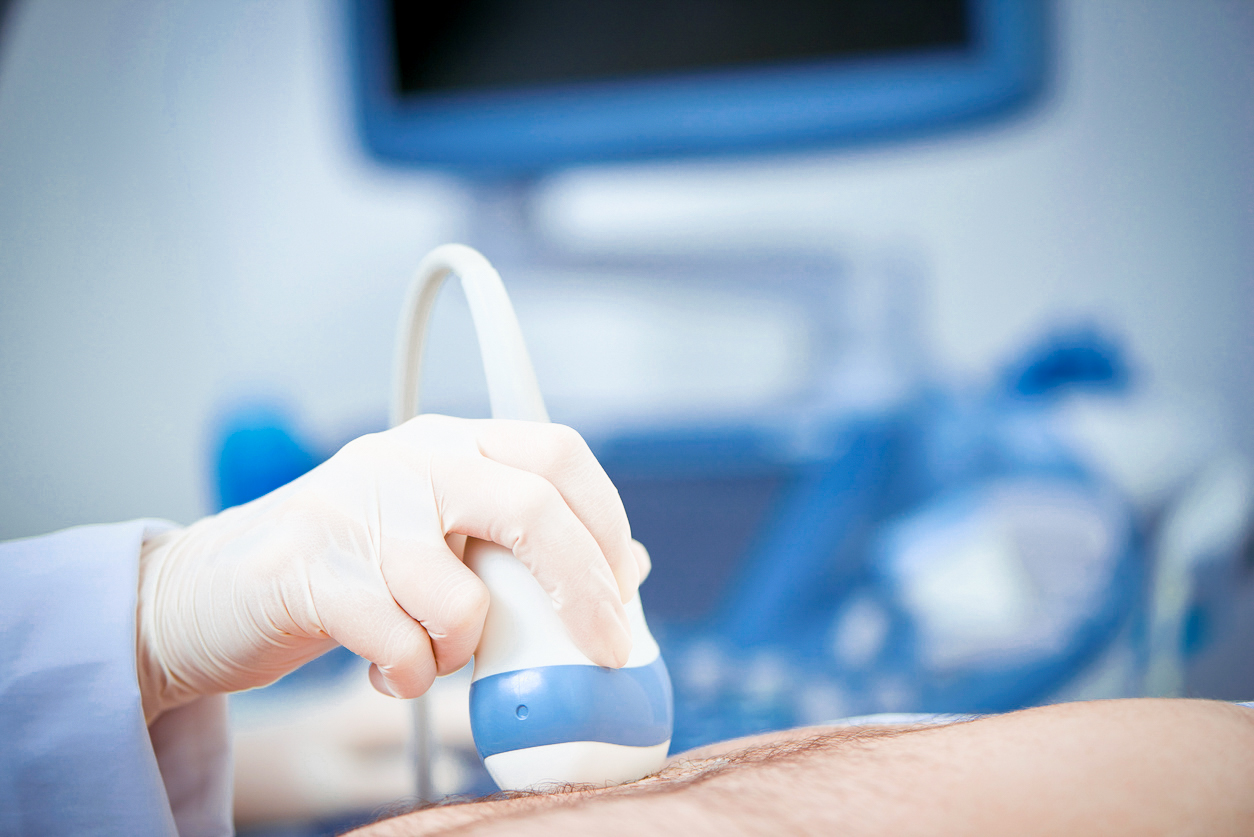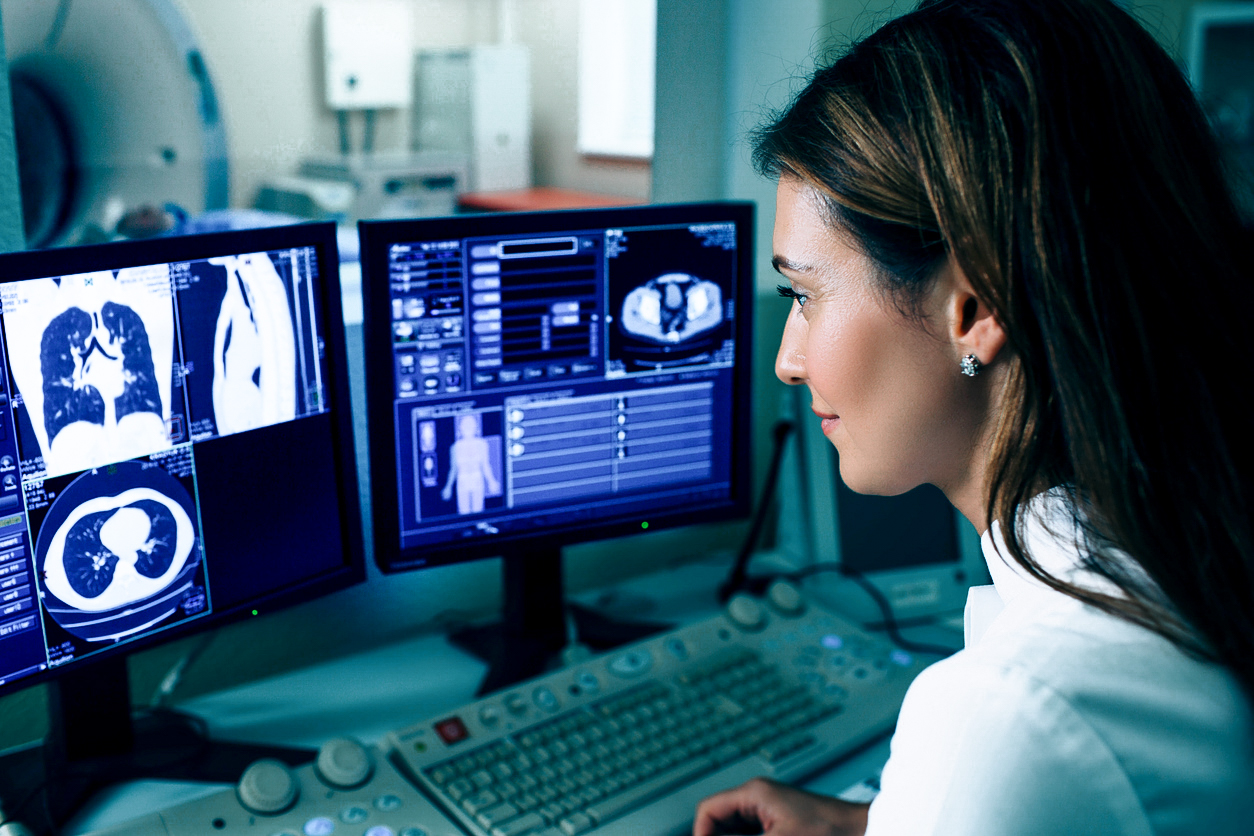When one thinks of an MRI, they may have a preconceived notion of how the experience will pan out. Windsor Imaging is here to detail what really happens during an MRI scan and what the patient should expect before, during, and after the examination.
The magnetic resonance imaging (or MRI) scan is one of the most common diagnostic imaging techniques around the world. It is used to develop images of the organs and tissues in the body. Doctors use MRI to check on tumors and cysts, injuries in the joints, diseases in the liver and abdominal organs, or anomalies of the brain or spinal cord.
An MRI scan uses a large magnet, radio waves, and a computer to create a detailed, cross-sectional image of internal organs, soft tissue, and structures. More specifically, it can reveal a patient’s normal tissue as well as tissue abnormalities. It does not use harmful ionizing radiation.
Before the MRI
To the surprise of most patients, no special preparations are required before the MRI exam begins. Patients can eat normally and go about their daily routines. They can continue to take any medication prescribed by doctors, unless advised otherwise. Prior to entering the examination room, the patient will be asked to leave behind any items that are not compatible with a magnetic field.
Items that must remain outside of the MRI examination room include coins, jewelry, watches, glasses, credit cards, hearing aids, keys, hair pins, and other metal objects. Some implants may also be incompatible. Patients must check with their physician or MRI technician if they have had any brain, ear, or eye surgeries. They can let their technician know if they have a pacemaker, a neurostimulator (tens unit), metal implants, an intrauterine device (IUD), aneurysm clips, surgical staples, an implanted drug infusion device, foreign metal objects in the eye, bullet wounds, permanent eyeliner, or tattoos. Patients must also disclose a pregnancy or a potential pregnancy. Patients must consult the physician or technician if they have any questions.
During the MRI
During the examination, the patient will lay comfortably flat inside the MRI scanner. A technician will be with the patient and will be able to see the patient at all times. For the patient’s convenience, he or she can communicate with the technician through an intercom system that is built into the MRI scanner. A contrast agent may be administered to enhance the study in some instances. There are no additional precautions taken if the physician requires this type of study.
After the MRI
Once the MRI scan is complete, a technician will help the patient out of the scanning position. The patient might feel slight lightheadedness, but the sensation will subside. Patients will refrain from excessive physical activity throughout the rest of the day; however, normal activity can resume as directed by the physician. That being said, patients will not usually need any special treatment during their recovery period. The imaging center that hosted and conducted your scan will provide the patient or the patient’s doctor with clear images in no time.
Regardless of the imaging service you need, Windsor Imaging will be glad to help you. Our professional staff and convenient locations will guarantee a satisfactory visit. For more information, contact our team today.


